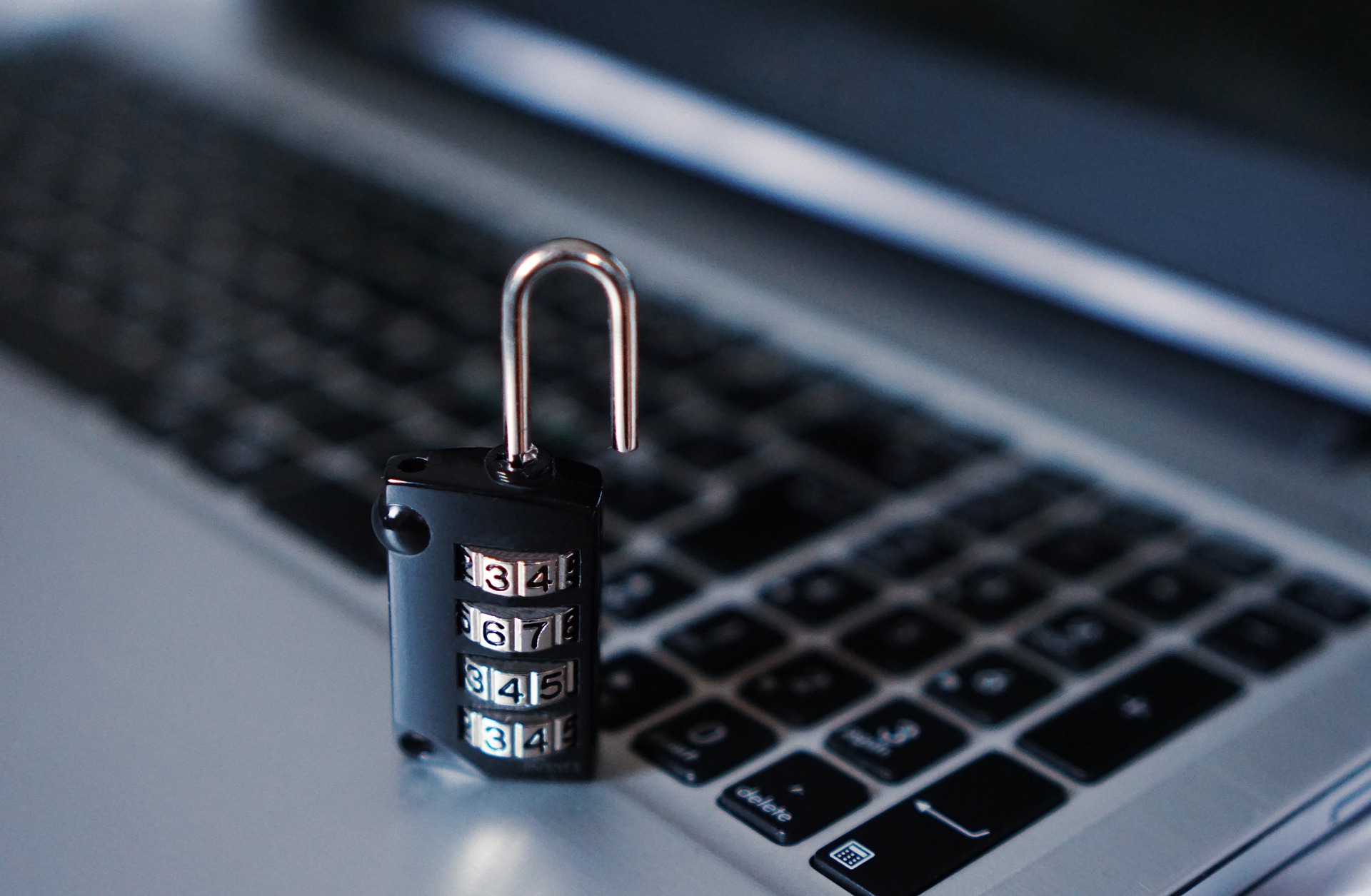
Computer security is something we all have to be on the look out for every single day In this day and age. When it comes to keeping our data safe and making sure we are able to find success in our careers, technology goes hand in hand with us and guides us through it all. If you are opening a business or you simply want to be more tech savvy this year, here are some of the top computer security tips you need to know.
Know that you are at risk
It is so easy for us to see those situations in lay out on the news with big companies and assume it won’t happen to us, but this is the danger you will see and if you don’t take measures and be aware you can fall victim to this too. Make sure that everyone in your office is aware that you could be at risk and teach them about Office 365 Email Security, which emails not to open and all of the ways they can secure their account.
Update software
When you are in the middle of doing something on your computer and the update sign flashed up, most of us will shut it down and carry on working, and as long as you come back and do the update later this is ok. Make sure though that you do take the time every now and again to update your software because this will protect your data. Every time a software update is created it has new security steps which can stop hackers from getting to the computer. It means that you are much less likely to fall foul to their Hacks if you update your computer.
Avoid Phishing
Phishing is a term you might have heard of before, but if you haven’t we are sure you will recognise the signs. If you ever get an email from a Nigerian prince in need of money, you know you’re being phished. Never open emails you aren’t familiar with until you have checked the email address it has been sent from. For example you might see an email which looks like it is from your bank, but when you hover over the email address you could be greeted with something like this:
Aldbyieifb-£(@fbrifn-zbf@hotmail.com
As you can see this literally makes no sense and it is clearly a random email address generated by a scammer to try and trick you. Never EVER give out your personal information such as your card number on an email because this is not what a real bank would do.
Manage your passwords
With the number of websites we sing up to in our daily lives it is no wonder we have about 10 different passwords which are used for different things over the course of our lives. If you want to make sure that you keep these passwords safe and remember them, you can use a password service like LastPass which will store this info for you and keep it safe. You can even go one step further with this and scrap your known passwords entirely, creating new ones for yourself. The thing about using the same few password for everything is the fact that you will undoubtedly end up risking your data because if a hacker works out your password he may have access to all of your accounts. LastPass and many other online password management apps have a password generator which will generate a random combination of letters and numbers which you can use for your accounts. They are much harder to crack and each account will be different.
Be aware of clicking
We all have that trigger happy moment of clicking a button when we see it pop up on screen, but if you want to ensure you don’t get a virus on your machine you need to avoid clicking anything which you aren’t expecting to receive. A lot of scam emails will contain attachments and these attachments, when clicked, will release a virus onto your computer which could steal your data and allow the hacker to take your information. By any means, never click on an attachment or a link if it seems suspicious or if you weren’t expecting it to be sent to you. It is always better to be safe than sorry in these situations.
Don’t leave your device unattended
When you are at work or at home, it is easy enough to nip to the toilet or out for your lunch and leave your computer open because you will ‘only be a minute’. But even if you trust the people around you it is a risk to your personal and private data and it is never a good idea to leave your device unlocked when you leave the room. Get into the habit of locking it every time you get up and this way you will protect the things you need to protect.
Protect sensitive data
If you have any data such as medical information, bank information or anything else personal, don’t open it at work or download it onto your work device. It likely won’t be something people will steal from you in the office, but remember that companies are much more targeted for hacking than individuals and if your information is here you might be the victim of a big scam.
Use your phone safely
We use our phones more than any other device in our day to day lives and this can mean we have more sensitive information on this little device than anywhere else. When using your phone the same rules apply as with your computer: keep things password protected, don’t leave it unlocked when you walk out of a room and make sure that you always think about keeping it on your person in a crowded place rather than in your bag.
Get anti-virus
Anti-virus is a must have when it comes to computer security and before you do anything else on your PC you need to make sure that you have the right anti-virus to keep your device safe and secure.



